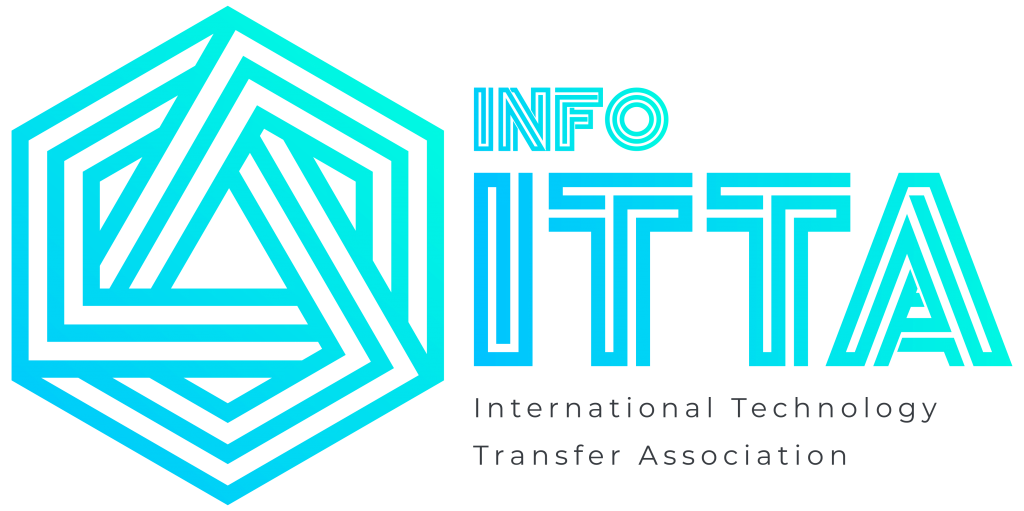Recent Posts
- Ukraine recovery should be based on development of territorial communities, innovations, involvement of professional domestic community – results of ESUR forum 29.06.2023
- Ukraine repatriates five more seriously wounded Russian POWs 10.04.2023
- Rada intends to include history of Ukraine, foreign language in final certification for general secondary education 10.04.2023
- Rada terminates protocol on joint anti-terrorist measures in CIS territories for Ukraine 10.04.2023
- 100 Ukrainians, incl defenders of Mariupol, returned according to swap procedure – Yermak 10.04.2023
UGA asks authorities to ensure transparency in formation of queue of ships to call at Ukrainian ports
KYIV. March 2 (Interfax-Ukraine) – The Ukrainian Grain Association (UGA) asks the authorities to ensure an open and transparent procedure for forming a queue for the inspection of ships entering Ukrainian seaports along the “grain corridor,” which will ensure free access of port operators to markets and create a competitive environment, and will also be the key to the development of the country.
According to the website of the organization, a corresponding appeal was sent to Deputy Prime Minister for Restoration – Minister for Communities and Territories Development and Infrastructure Oleksandr Kubrakov.
The UGA recalled that the work of the “grain corridor” significantly improved the situation with the export of surplus grain from Ukraine, reduced the food shortage in the world and reduced grain prices, and also contributed to the improvement of the humanitarian situation around the world. However, the work of the joint coordinating center in Istanbul “does not add optimism,” since the Russian side is deliberately slowing down the inspection period and is constantly looking for unreasonable reasons to stop the inspection of ships passing through the “grain corridor.” Thus, less than half of the scheduled ten vessel inspections each day usually occur.
The association emphasized that in such conditions the Ukrainian grain community draws the attention of the authorities to the importance of optimal formation of the queue of ships passing inspection and the need to make reporting on this process open and transparent. Thus, the UGA proposes to fix on a monthly basis the queue for passing the entrance inspection not for the ships, but for the stevedores/terminals, but give priority to the ships that were in the queue on February 9, 2023. In addition, it is proposed to give terminals and stevedores the right to independently determine the sequence of filling the “windows” allocated for them by the respective ships awaiting inspection, taking into account their operational plans, the availability of cargo and other factors that ensure effective planning of the work of stevedores/terminals.
Also, to ensure the work of the JCC inspection, it is proposed to oblige stevedores and terminals on a two-week basis to provide the Ukrainian Sea Ports Authority (USPA) with a detailed plan for filling the allocated “windows” with vessels, which the USPA will subsequently provide to the JCC.

